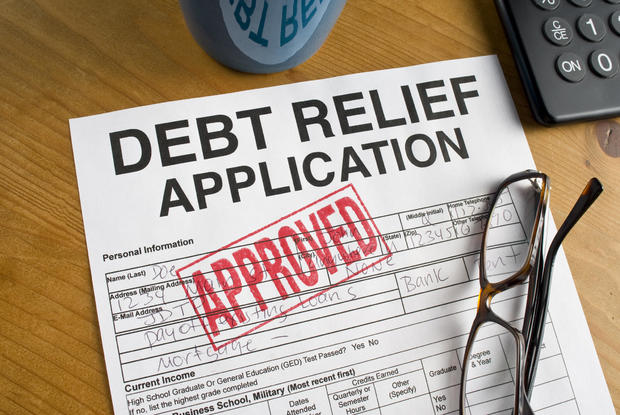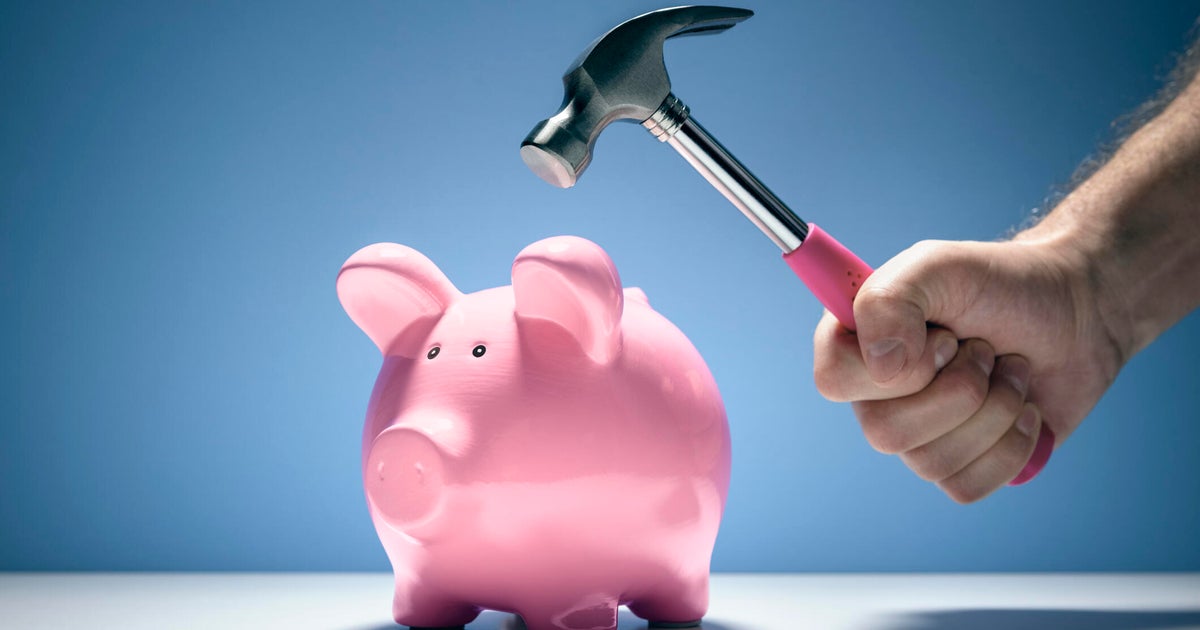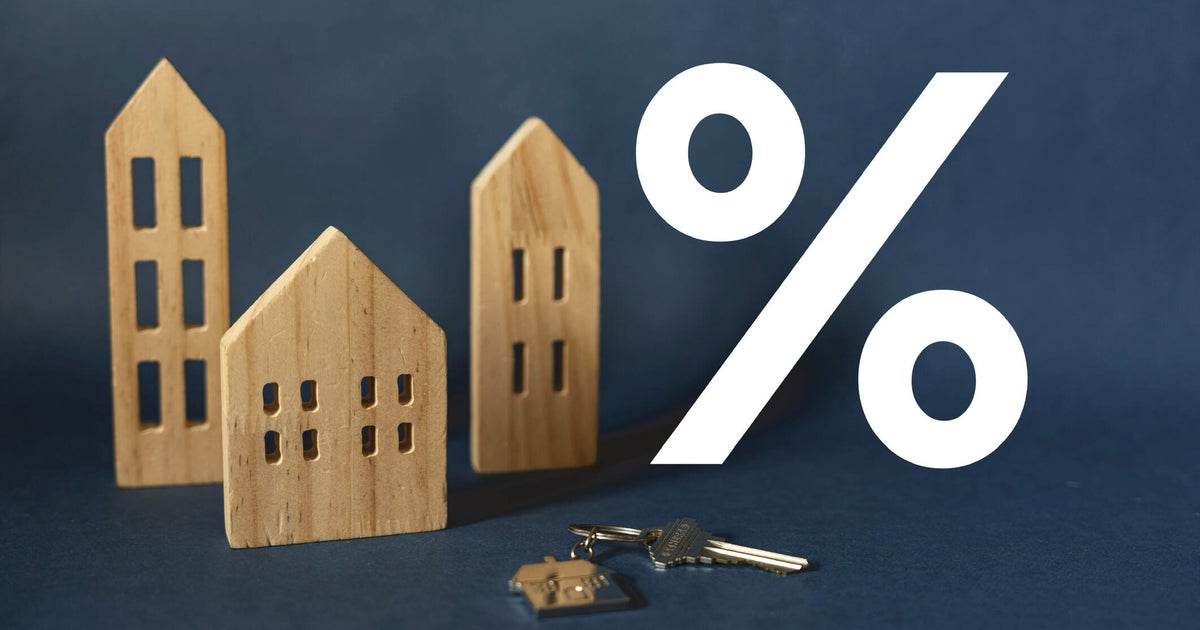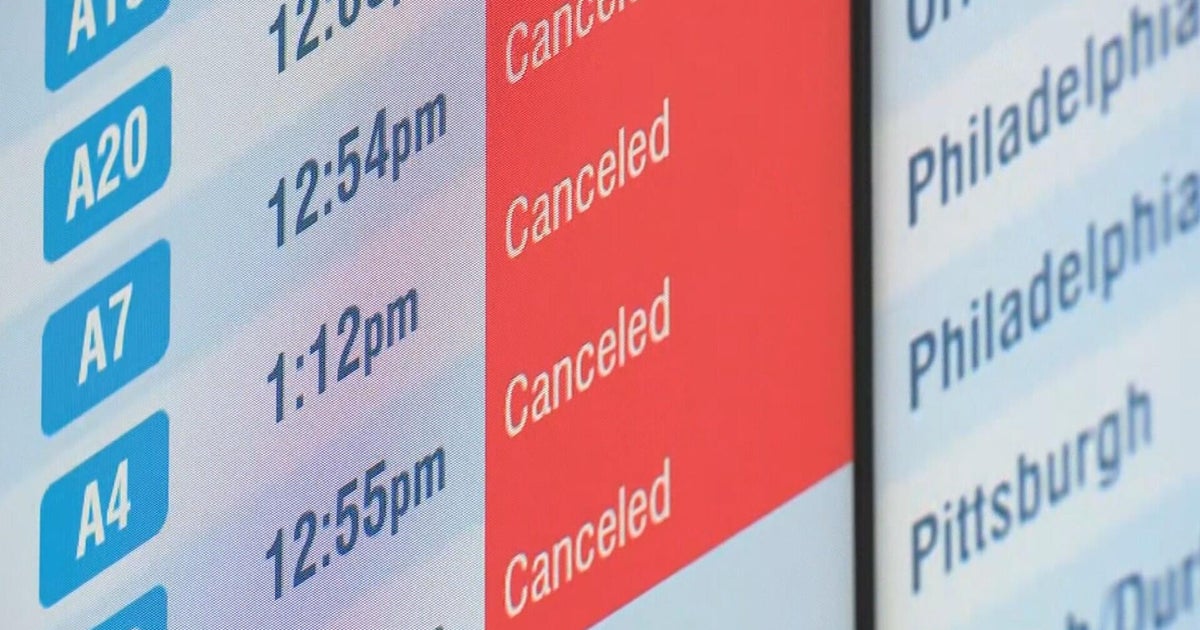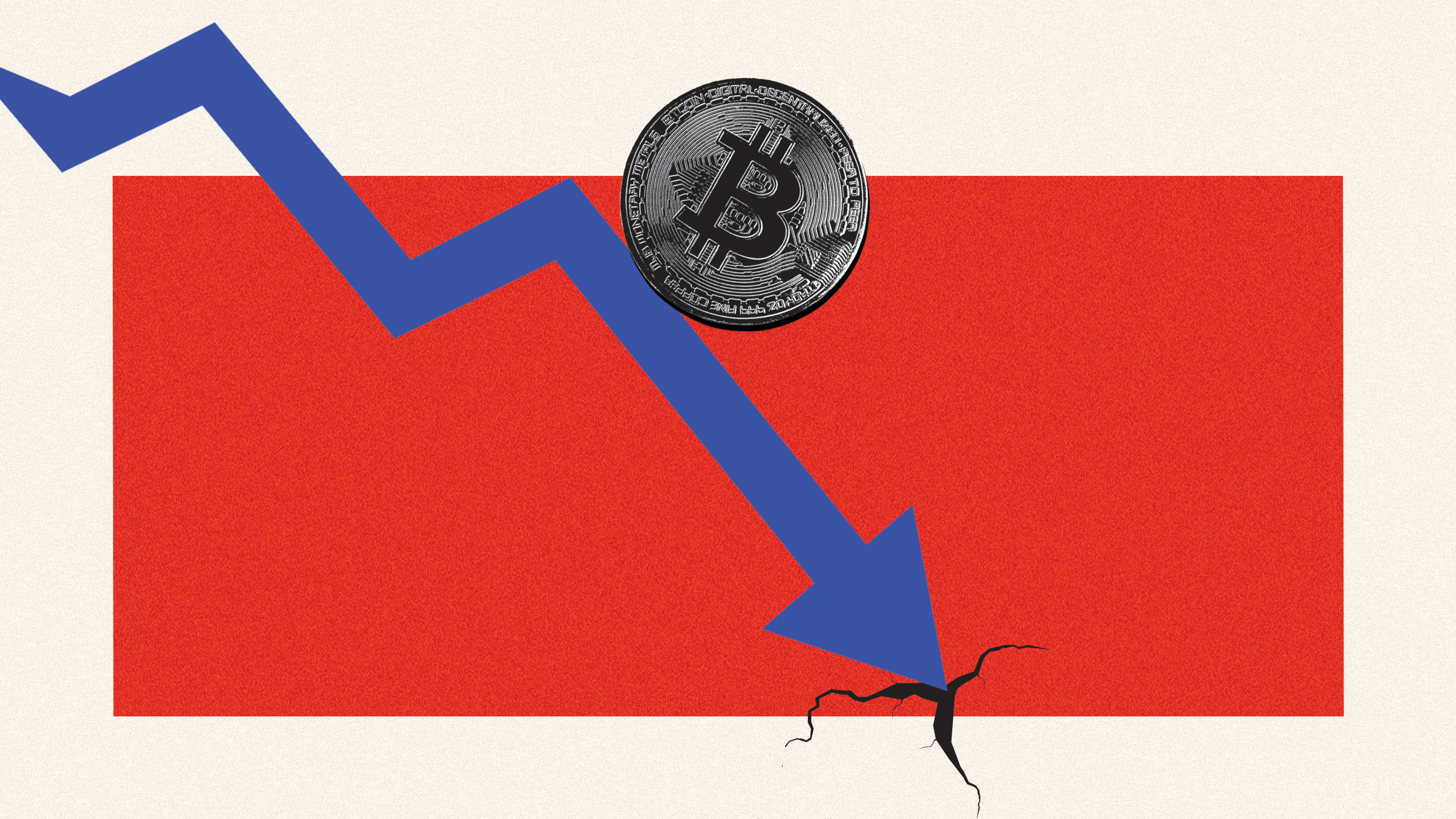Is debt relief the right option for you? Here's what experts say
American debt has been rising steadily for almost a decade now. And according to the Federal Reserve Bank of New York, consumers now owe about $126 billion total across all debt types — and over $1 trillion in just credit card debt. What's worse? Credit card balances climbed almost 5% in the third quarter of 2023 alone.
That last note is important, as credit card debt typically comes with very high interest rates (currently over 21%, on average), making it very easy to fall into a cycle of debt. You make minimum payments, the interest keeps climbing and it seems like you can never get your head above water — let alone pay it all off.
Fortunately, there are options that can help. Often billed as "debt relief," these solutions can — when chosen wisely — help you get ahead on your debts and, hopefully, end the cycle before it worsens.
Start exploring your debt relief options online today to learn more.
What experts say about debt relief
Are you currently dealing with lots of credit card debt? Here's what experts say you should do before seeking out debt relief.
Understand your debt relief options
Before you can decide if debt relief is the right move, you need to understand what your options are, as the term "debt relief" can include a number of different strategies.
Generally speaking, "Debt relief is the process of restructuring and eliminating outstanding debts," says Leslie Tayne, a debt relief attorney at Tayne Law Group. "It usually involves renegotiating the terms of debt to make it more manageable for the borrower. That might include reducing the total amount owed, lowering interest rates, extending payment timelines, or a combination of these."
It can also include consolidating your debts, working with a debt counselor or getting on a debt management plan — essentially a payment plan to reduce your balances to zero.
"Debt relief is a broad term, encompassing a number of solutions," says Howard Dvorkin, chairman of Debt.com. "It's kind of like asking, 'What is a diet?' There are as many ways to shed debt as there are to shed weight."
Start researching your debt relief options here now.
Consider the good and the bad
Pursuing debt relief, when done right, could mean getting out of an expensive and stressful cycle of debt. In some cases, it can mean fully paying off your debt, while in others, it might mean reducing your interest rate or the total balance owed or paying your debts off sooner.
Still, there are downsides to using debt relief programs, and it's important to understand those before diving in. For one, it might hurt your credit score — at least in the short term. This is because many solutions require you to stop making payments on your accounts until they've negotiated with your credits. These overdue payments can deliver a big ding to your score.
"The process can leave a significant mark on credit reports, although research shows that credit profiles rebound — often much better than ever — once the consumer has settled their debt and can go on to moving their financial lives forward," says Sean Fox, president of debt resolution at Achieve. It may also mean continued collection calls from creditors, and "It's possible that some may even take legal action," Fox says.
Another downside is that not all debts are eligible (often it's just unsecured debts). It's also not a quick-fix solution.
"Negotiations and settlements take time," says Erika Rasure, a financial therapist and wellness advisor at Beyond Finance. "It took some time to get into debt, so understand it will take time to get out of debt — most likely, three to four years."
Be ready to vet debt relief companies thoroughly
Not all debt relief companies are created equal, and it can be easy to fall victim to scams that are not only ineffective but costly (and can worsen the problem), too.
To make sure you're choosing a good program and provider, experts say careful vetting is crucial. First, make sure the company is accredited by a recognized organization, such as the National Foundation for Credit Counseling or the Financial Counseling Association of America, Tayne says. Also, ask about their fee structure.
"As with any business, a debt resolution firm charges a fee for its services," Fox says. "This is generally a percent of the debt enrolled or a percent of the debt the firm has reduced. These fees must be charged only after the firm has successfully negotiated the debt, to comply with regulations established by the Federal Trade Commission. If the company is not clear and upfront about this policy, consider it a major red flag and move on."
Aside from upfront fees, high-pressure sales tactics, bad customer reviews, and unrealistic promises can all signal a provider you'll want to steer clear of.
"A good debt relief company should offer a free initial consultation, provide customized solutions tailored to your financial situation, and have clear, reasonable fees," Tayne says. "They should also offer financial education resources and have a verifiable physical address and contact information."
Rasure also encourages consumers to ask potential debt relief providers about the additional services and resources they have to offer. "A great debt relief program will offer far more than just negotiation services," Rasure says. "It will make it clear in its service offerings that it wants to avoid seeing you again in the program after you complete it."
One step at a time
If you're not sure if debt relief is a good idea for you, consider talking to a credit counselor or financial advisor first. They can help you determine if debt relief could work for your balances and budget.
And if you do opt to proceed with debt relief, make sure you're committed to changing your financial ways moving forward.
"A good debt relief program is like a good weight-loss program," Dvorkin says. "If you constantly struggle to achieve your goal, then consulting a professional can really help. In both cases, though, it's not just about hitting a number, it's about a lifestyle change. A quality debt relief program will help you pay down your debt as quickly and cheaply as possible, but the counselors will also show you how to create a monthly household budget — and stick with it. With both debt relief and weight loss, the real goal is simple: Making sure you never need their help again."
